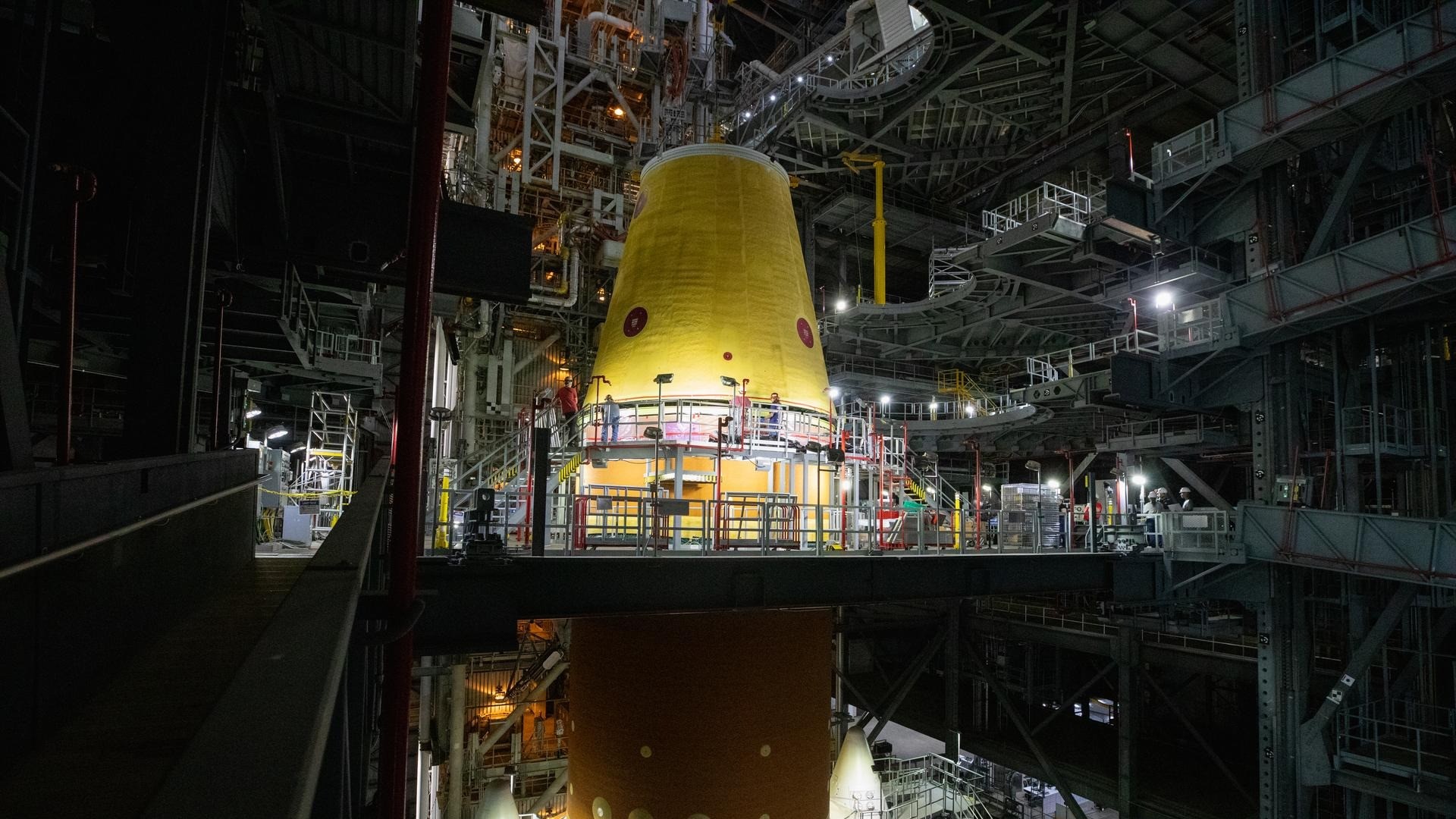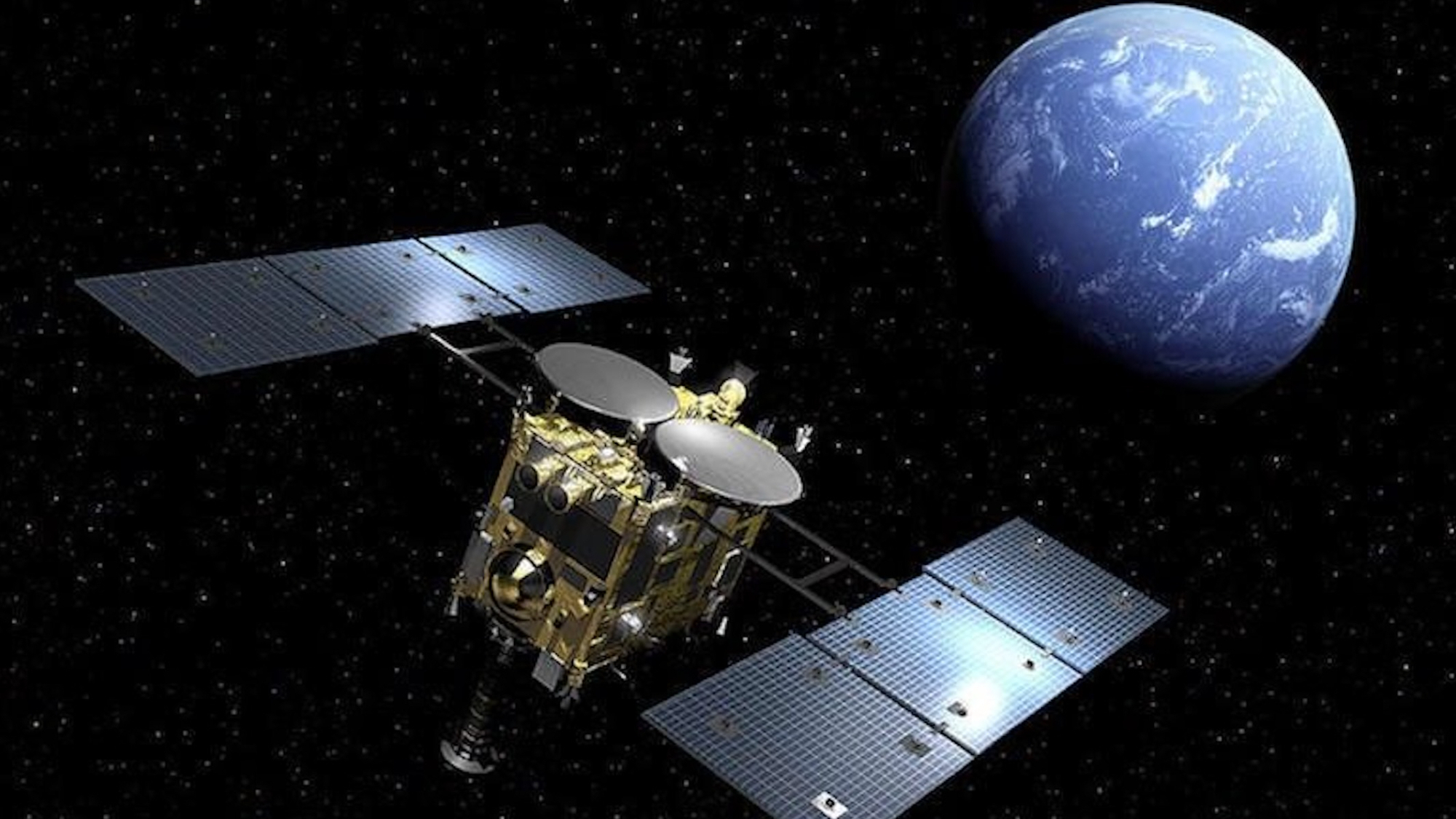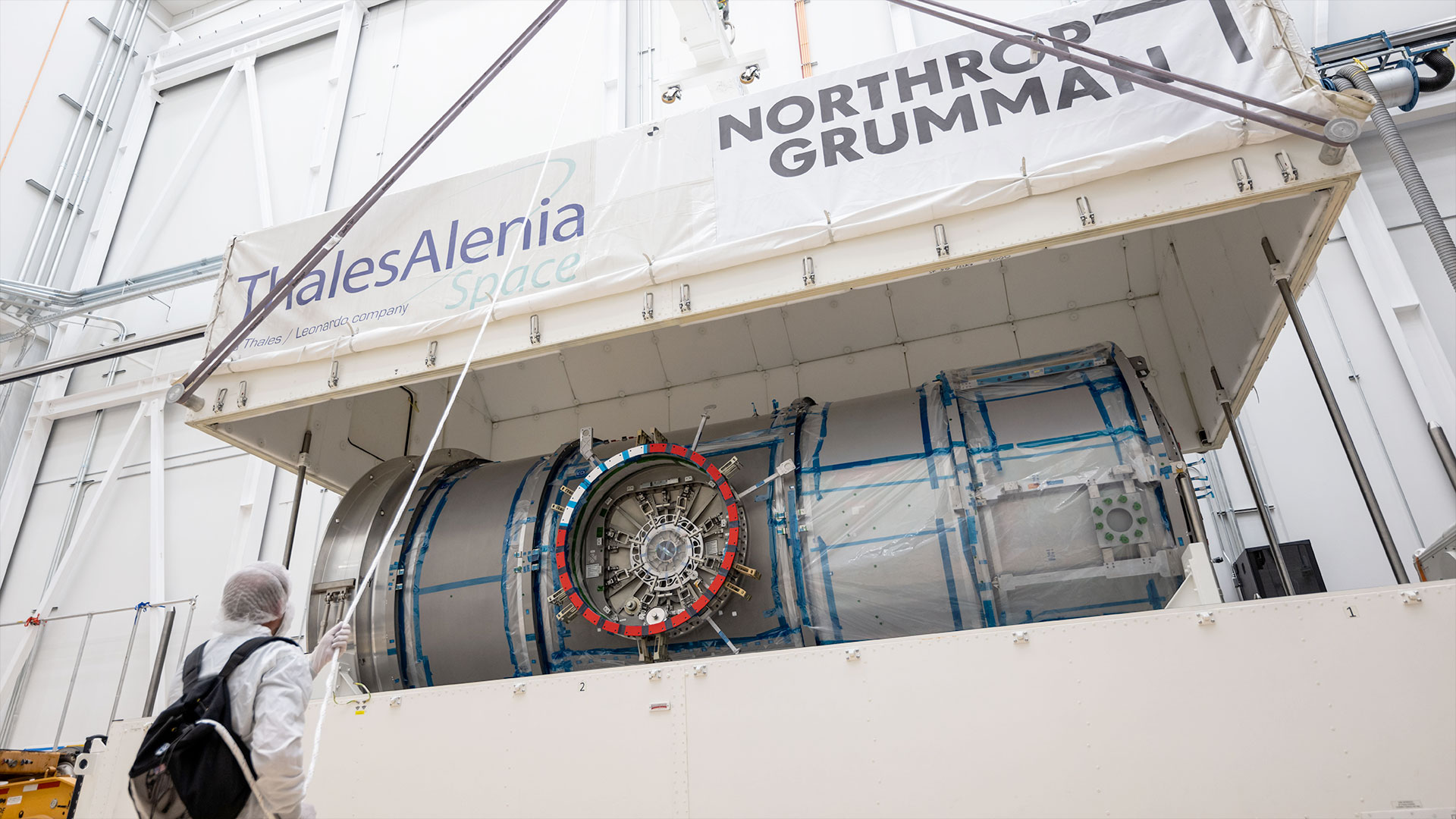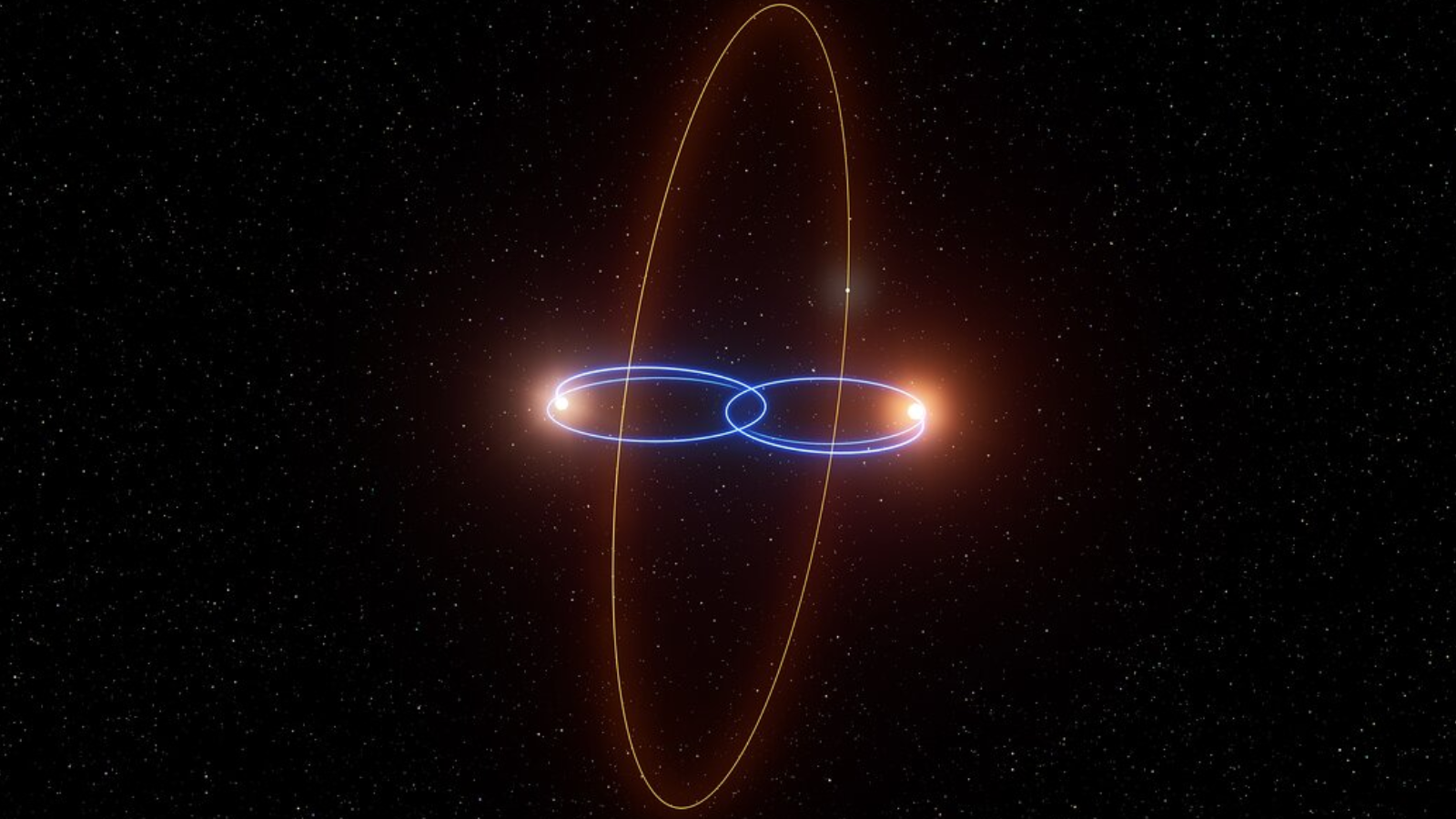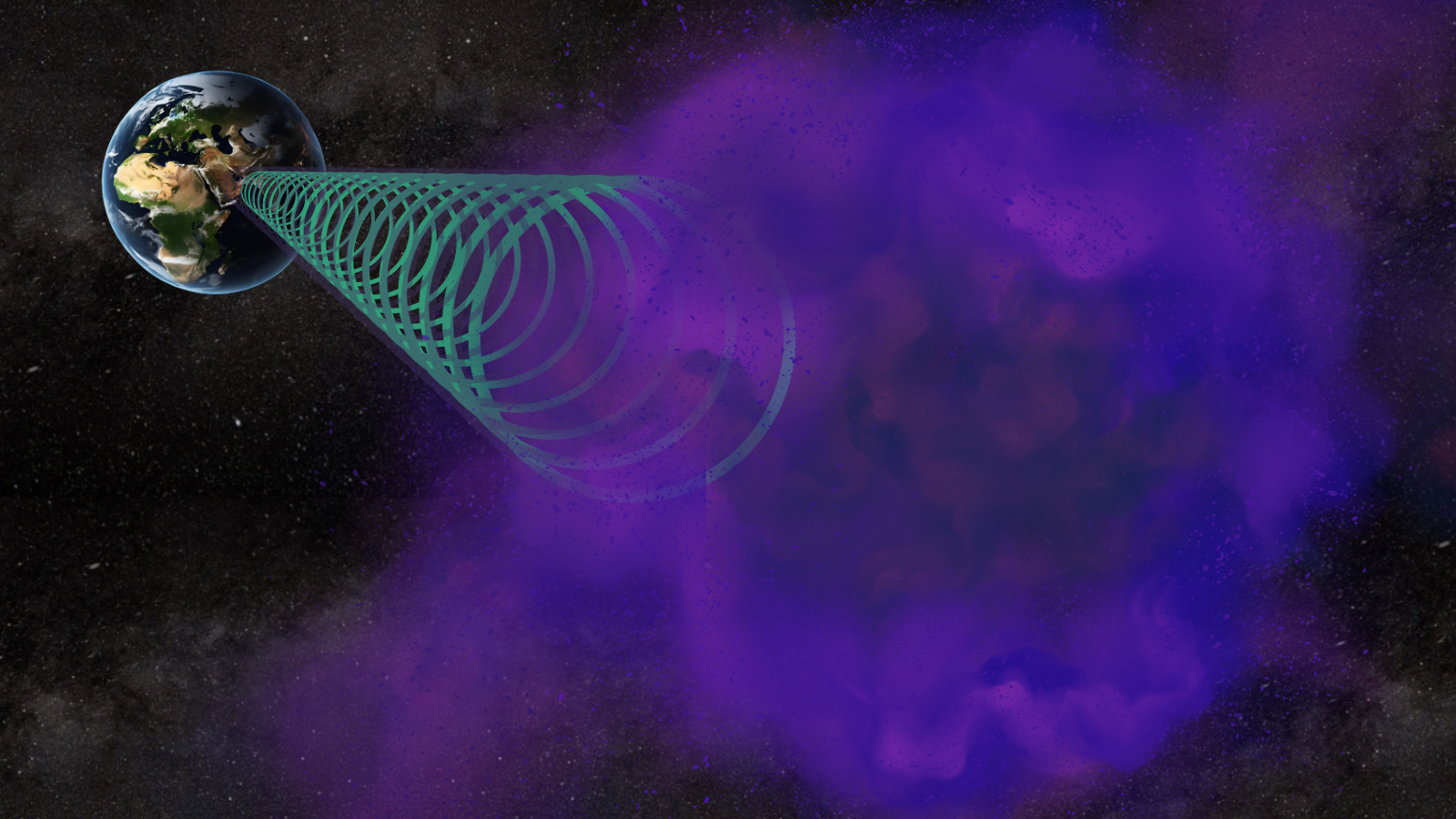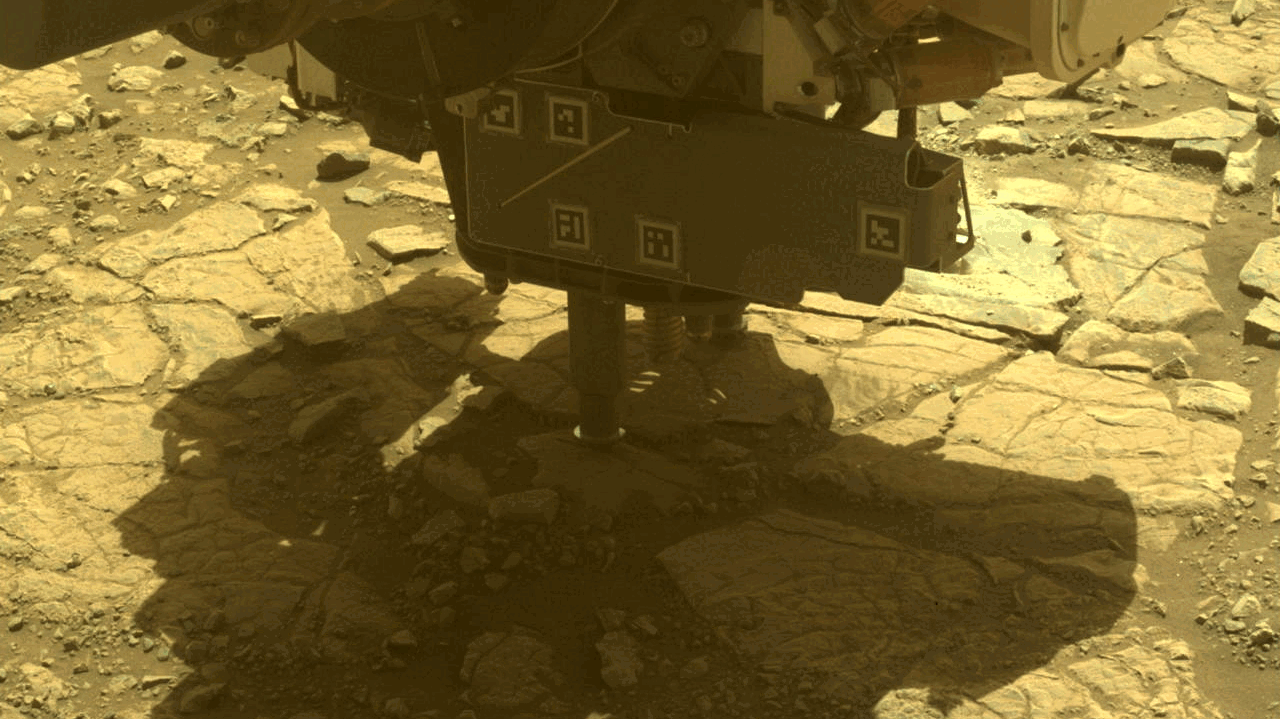US Space Force's 'Orbital Prime' project aims to attack space debris by recycling or removing junk
The military branch wants to test on-orbit systems within two to four years with it Orbital Prime project.
A new U.S. Space Force video "demands action" on space debris and asks the private sector for their help cleaning up the growing space mess.
The video was released Jan. 5 on the Space Force's SpaceWERX website (its technology branch) to push a program called Orbital Prime, which aims to test out an on orbit-system within two to four years. The first solicitation is due Feb. 17.
Space debris, said Vice Chief of Space Operations Lt. Gen. David Thompson in the video, "demands action and provides an opportunity for partnership in the search for innovative solutions to recycle, reuse or remove these objects."
Space Force's ask for partnerships took place weeks after an anti-satellite test by Russia in November produced so much debris that the risk of strikes to the International Space Station has increased measurably, according to NASA.
Related: Is Earth-moon space the US military's new high ground?
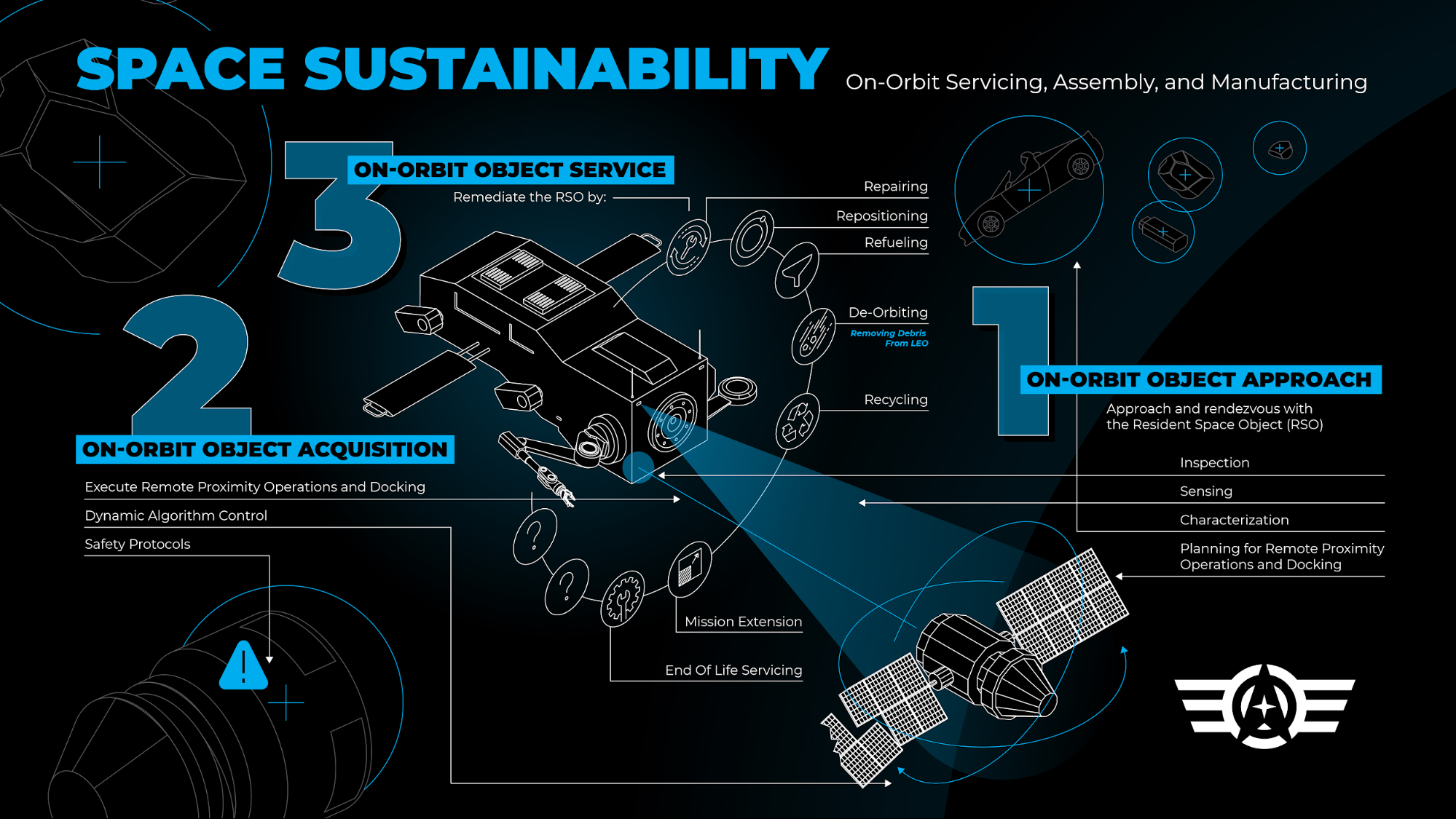
The crew on the orbiting complex was forced to take shelter in their return craft in November, while ground control takes measures to assess or dodge debris in consultation with the Department of Defense, which tracks space junk.
Space Force hopes to address more general space junk issues in low-Earth orbit through testing in-orbit debris removal technologies. Phase 1 awards are valued at $250,000 and Phase 2 at $1.5 million.
Get the Space.com Newsletter
Breaking space news, the latest updates on rocket launches, skywatching events and more!
“Our vision in this partnership is to aggressively explore those capabilities today, in the hope that we and others can purchase them as a service in the future,” Thompson said in the video.
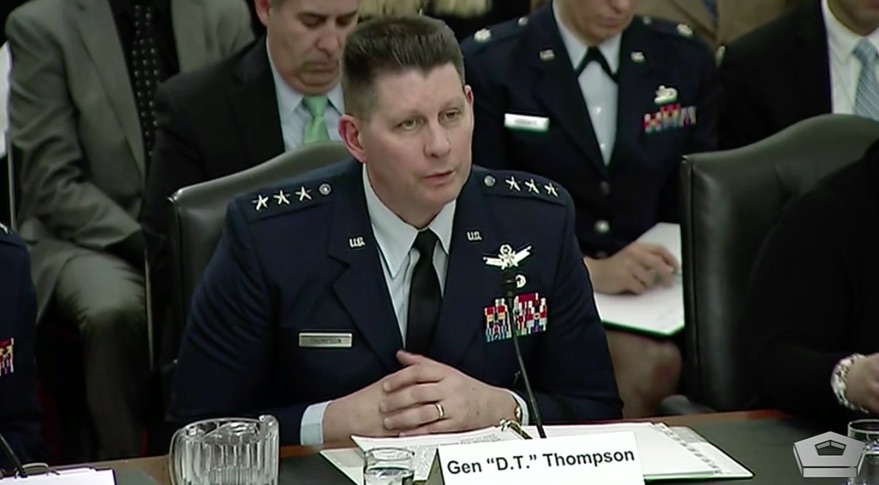
While there are well over 20,000 trackable pieces of space debris, what also concerns the Space Force is the number of smaller objects (such as screws or flecks of paint) that would not be able to be tracked.
Industry representatives have more generally pointed to the rise of large-scale satellite constellations as another potential threat in mitigating space debris, as SpaceX's Starlink constellation alone has produced several near-misses in recent months.
“Our goal through Orbital Prime," Thompson said, "is to partner with innovative minds in industry, academia and research institutions to advance and apply state of the art technology and operating concepts in the areas of debris mitigation and removal."
Follow Elizabeth Howell on Twitter @howellspace. Follow us on Twitter @Spacedotcom and on Facebook.
Join our Space Forums to keep talking space on the latest missions, night sky and more! And if you have a news tip, correction or comment, let us know at: community@space.com.

Elizabeth Howell (she/her), Ph.D., was a staff writer in the spaceflight channel between 2022 and 2024 specializing in Canadian space news. She was contributing writer for Space.com for 10 years from 2012 to 2024. Elizabeth's reporting includes multiple exclusives with the White House, leading world coverage about a lost-and-found space tomato on the International Space Station, witnessing five human spaceflight launches on two continents, flying parabolic, working inside a spacesuit, and participating in a simulated Mars mission. Her latest book, "Why Am I Taller?" (ECW Press, 2022) is co-written with astronaut Dave Williams.



